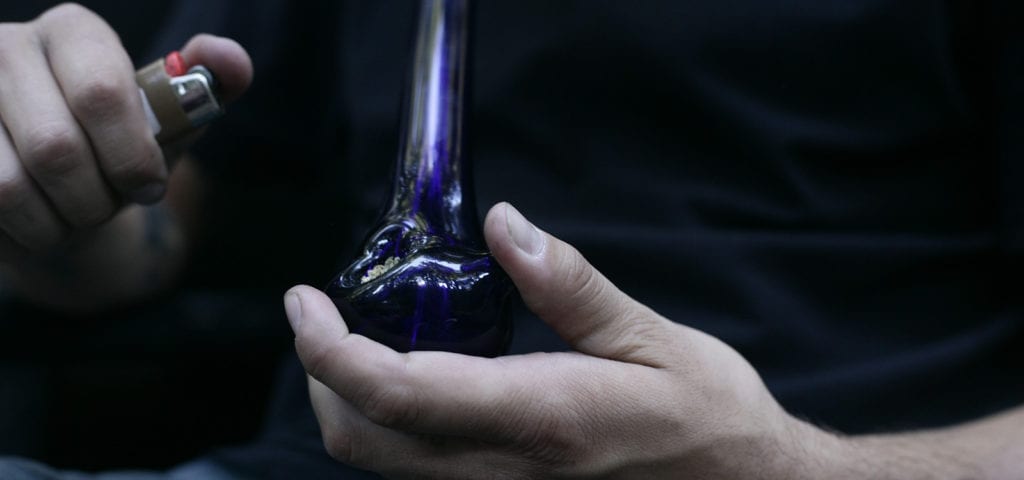Over 70 percent of patients enrolled in Minnesota’s medical cannabis program for PTSD say their symptoms are reduced.
Most Minnesota PTSD Cannabis Patients Report Reduced Symptoms

Full story continued below.
Advertisement
More than 70 percent of Minnesota medical cannabis patients enrolled in the program for post-traumatic stress disorder report that their symptoms are reduced, according to a state Department of Health survey outlined by the Star Tribune. The survey found a “clinically meaningful” reduction on a screening tool that measures symptom severity in a similar percentage.
Minnesota added PTSD to the state’s medical cannabis regime in 2017 and now 18 percent of the state’s 17,202 qualified patients are enrolled for the condition. PTSD represents the second largest number of medical cannabis patients in the state behind intractable pain.
The survey was limited by a lack of comparison group as only half of the 751 people initially surveyed about their medical cannabis use for PTSD followed up on the subsequent survey. The survey also didn’t poll the type of cannabis being used and what THC content the products contained. Just 4 percent of respondents said they received little benefit from cannabis for their PTSD symptoms and about 20 percent reported mild side effects like increased appetite and dry mouth.
“My family sees a night-and-day difference, and it’s easier to communicate with them. I’ve since found a part-time job with flexible hours to work around starting college. … The only hope I have is that it becomes more affordable, as I’m barely able to afford it now.” – An anonymous respondent in the Minnesota Department of Health Survey
One respondent called medical cannabis “a life-changer,” reporting “better sleep [and] better appetite” and reduced anger.
Dr. Tom Arneson, a research manager for the state’s medical cannabis program, indicated to the Star Tribune that medical cannabis program enrollees were also “more willing to participate in psychological therapies, or feel like those therapies are more effective for them.”
The state is currently accepting petitions to add conditions to the state regime.
Get daily news insights in your inbox. Subscribe
End